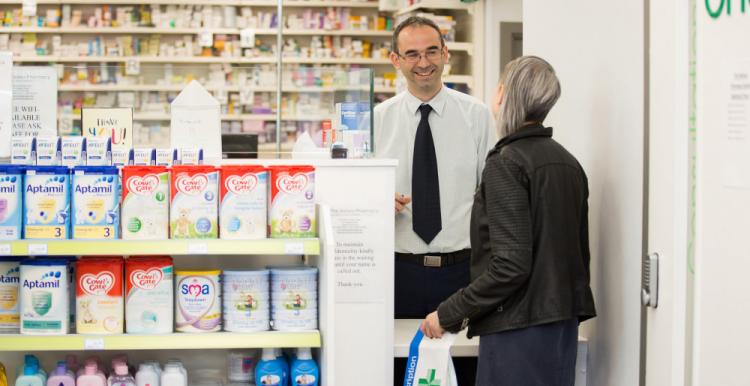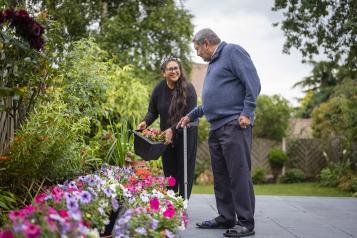Study to explore whether requesting emergency contraception can be a sign of domestic abuse

Some evidence suggests that women who have experienced domestic violence and abuse end up using emergency contraceptives more than other women, because their partners may have raped them or coerced them to have unprotected sex. This project, a collaboration with the Centre for Academic Primary Care at University of Bristol and CLAHRC North Thames examined whether requesting emergency contraception can be a sign that women have experienced domestic violence and abuse. It also looks at whether community pharmacists would be willing and able to ask about domestic violence and abuse and offer help and advice, if a woman does admit abuse has taken place. The findings will be used to update training for GPs and sexual health clinics, with a possibility to extend it to community pharmacies. Using the new approach could mean more women are given help and support via this new link between pharmacies and abuse services – therefore reducing GP’s workload.
Pharmacists provide half of all emergency contraceptives, while GPs provide 30 per cent and sexual health practitioners provide 20 per cent.
Identification and Referral to Improve Safety (IRIS) teaches GP staff how to spot the signs of domestic violence and abuse, how to ask about safety in patients’ relationships, and what to do if patients disclose they’ve experienced domestic violence and abuse. IRIS has recently been adapted for sexual health clinics. But requesting emergency contraception hasn’t been included in the training as a sign of domestic violence and abuse.
